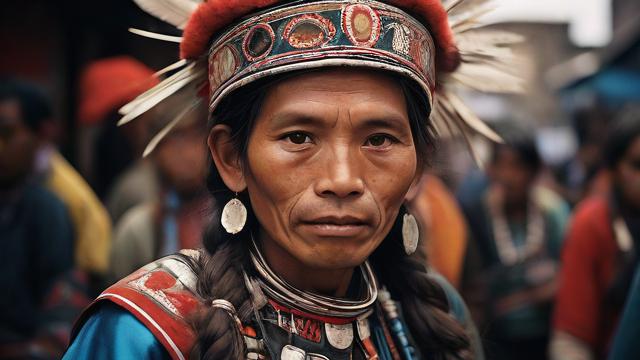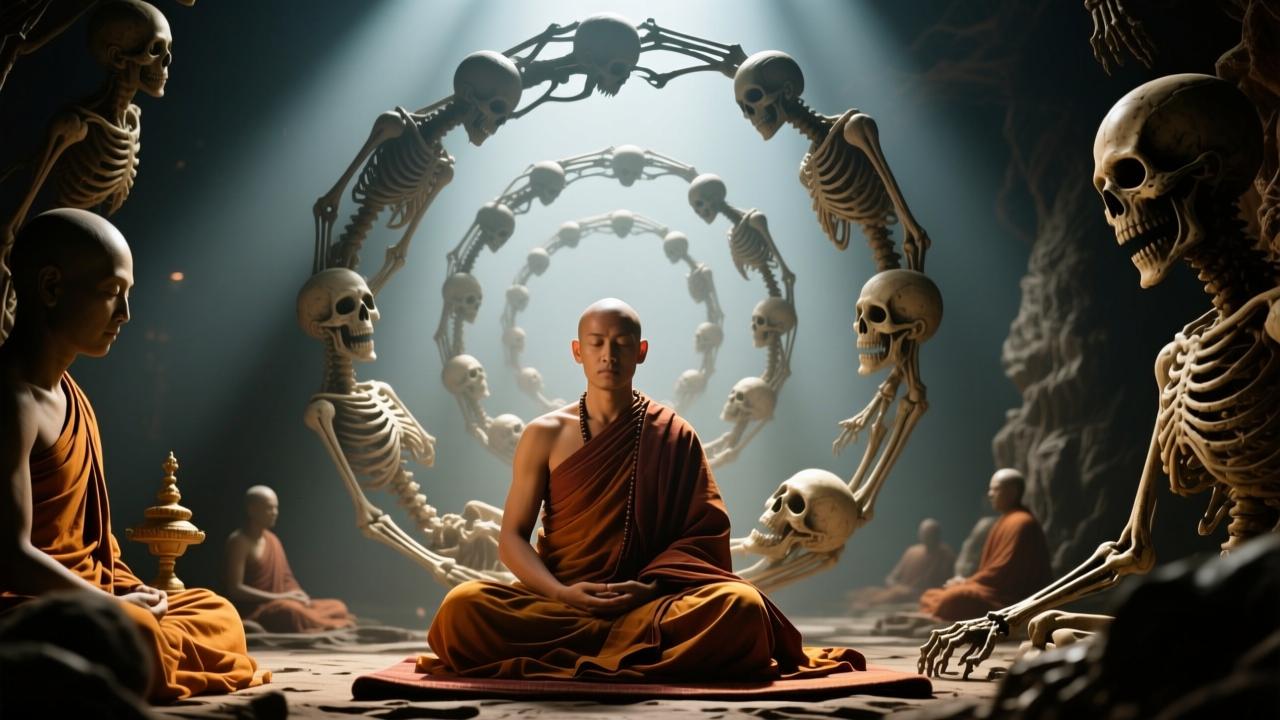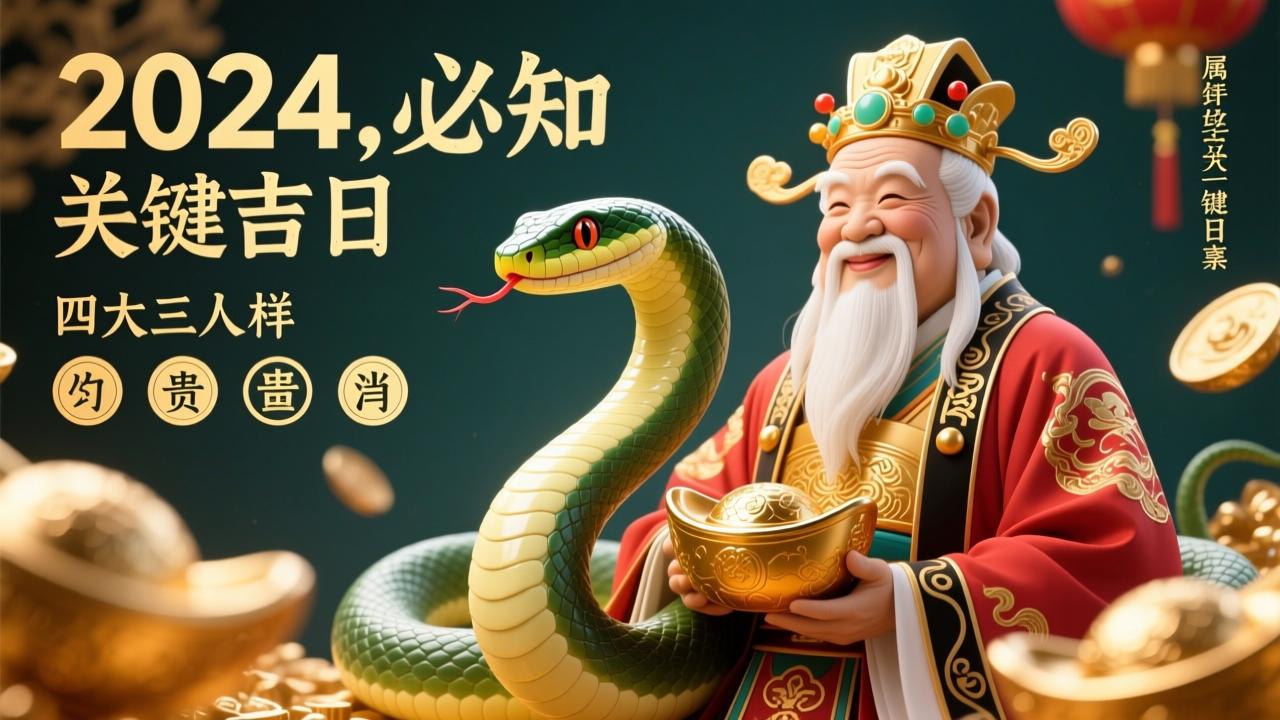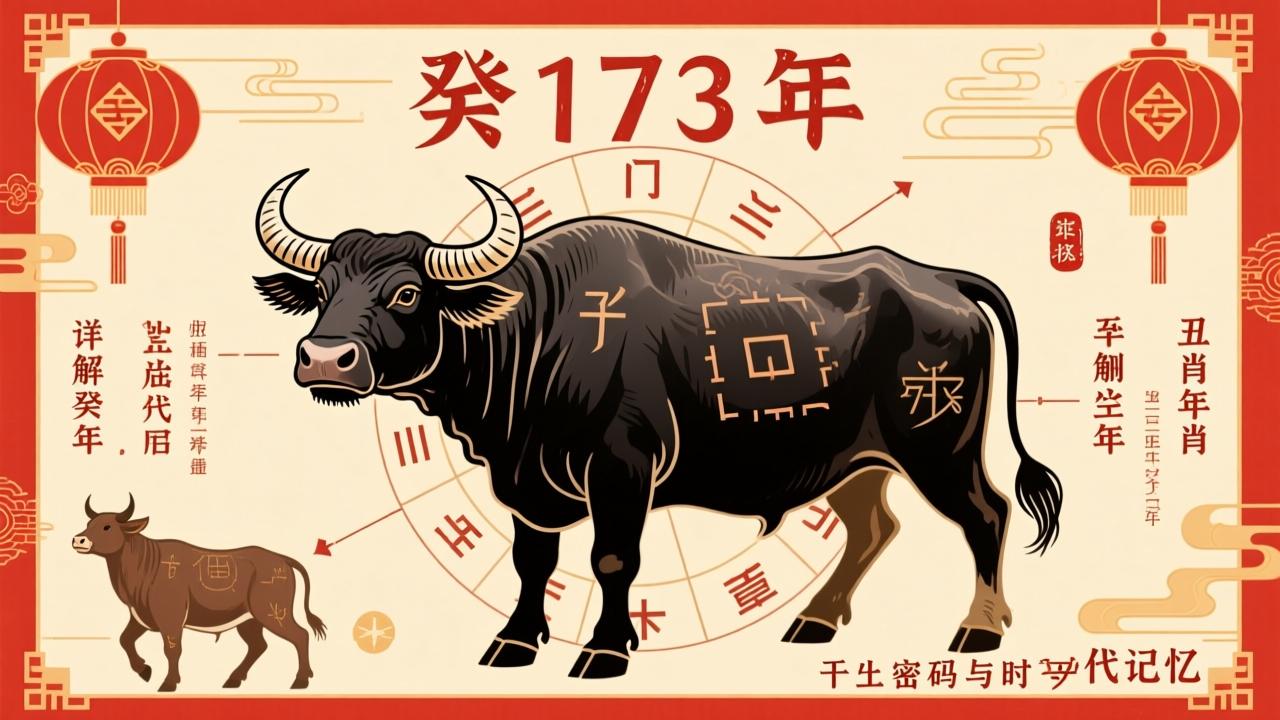Discover the Cultural Significance and Global Impact of Chigo Tradition
Let's dive into the world of "chigo." This term might not be familiar to everyone, but it carries deep cultural significance. In this chapter, we’ll explore what chigo means, its linguistic roots, and how it fits into the English language. By understanding these aspects, you'll have a clearer picture of why chigo is more than just a word—it’s a cultural concept with layers of meaning.
1.1 Definition and Linguistic Roots of Chigo

When I first encountered the word "chigo," I was curious about its origins. It comes from the Igbo language spoken in Nigeria. The term refers to a young male servant or attendant who plays an important role in traditional ceremonies. To break it down, "chi" means spirit or divine force, while "go" means to send or assign. So, when you put them together, chigo can be interpreted as someone sent by a spiritual force.
In linguistics, words often carry more than their literal meanings. For example, the idea of being chosen by a higher power adds a mystical dimension to the term. This isn’t just about grammar or vocabulary; it’s about connecting language to culture. As I learned more about chigo, I realized that its definition goes beyond simple translation—it reflects a worldview where spirituality and daily life intertwine.
1.2 Cultural Context and Usage in English Language
Now let’s talk about how chigo fits into the English language. When terms like this move across cultures, they gain new layers of meaning. In English, chigo may refer to a specific role in African traditions, but it also invites people to think about broader ideas like servitude, devotion, and identity. For instance, when writers use the term in literature, they often highlight the complexities of relationships between individuals and their communities.
Imagine reading a story where a character serves as a chigo. You’re not just learning about his duties—you’re exploring themes of loyalty, sacrifice, and belonging. These are universal concepts that resonate with readers regardless of their background. That’s one reason why adopting foreign terms enriches our shared language. By using chigo in English, we open doors to conversations about diversity and cross-cultural understanding.
In this chapter, we’re diving deeper into the role of chigo within African culture. This isn’t just about understanding what a chigo does—it’s about seeing how they fit into the fabric of traditions and communities. By exploring both the historical background and the social functions of chigo, you’ll see why this role is so deeply respected and meaningful.
2.1 Historical Background and Evolution of the Chigo Role
Let me tell you a little story about where the idea of chigo began. Centuries ago, in many parts of Africa, especially among the Igbo people, there were rituals and ceremonies that required special attendants. These attendants weren’t chosen randomly—they were often seen as having a spiritual connection or purpose. A chigo was believed to be someone sent by the gods or ancestors to assist in important events like weddings, funerals, or even religious festivals.
Over time, the role evolved but never lost its core essence. In some communities, chigos became symbols of purity and devotion because they were entrusted with sacred tasks. For example, they might carry offerings during ceremonies or help prepare spaces for worship. Their presence wasn’t just practical—it carried symbolic weight. People looked at them as bridges between the human world and the divine one. Imagine being part of a ceremony where everything feels charged with meaning, and the chigo plays a central role in making it happen.
This evolution shows us how flexible yet enduring cultural roles can be. Even though modern life has changed so much, the chigo tradition remains relevant because it adapts while staying true to its roots. It reminds me of how traditions are living things—they grow and change alongside the people who practice them.
2.2 Social and Religious Functions within African Communities
Now let’s zoom in on what chigos actually do in their communities. First off, they serve as helpers during significant gatherings. But don’t think of them as ordinary assistants—they’re more like ceremonial guides. They know the protocols, the prayers, and the timing of each step in a ritual. Without them, these events wouldn’t flow as smoothly.
Religiously speaking, chigos play a crucial role too. Many African cultures believe in maintaining harmony between humans and spirits. Chigos are seen as intermediaries who ensure that balance is kept. For instance, if a family is hosting a thanksgiving ceremony, the chigo might light candles, pour libations, or recite prayers. Each action reinforces the community’s connection to their beliefs.

On a social level, chigos also teach younger generations valuable lessons. Through their work, they learn discipline, respect, and responsibility. These aren’t just skills for ceremonies; they’re life lessons that shape character. I’ve met elders who fondly remember their time as chigos because it taught them how to contribute meaningfully to their communities. That’s another reason why this role matters—it shapes individuals while strengthening group bonds.
In this chapter, we’re going to explore how the chigo tradition is evolving in today’s world. As cultures interact more than ever before, traditions like chigo are finding new meanings and roles. We’ll look at the challenges they face and how they’re being integrated into global contexts.
3.1 Contemporary Views and Challenges Facing the Chigo Tradition
Let me start by sharing something interesting I’ve noticed. In modern times, people have different opinions about the chigo tradition. Some see it as a beautiful link to the past, while others wonder if it still fits in with current lifestyles. For example, younger generations might not fully understand why certain rituals need chigos when things could be done differently. This creates a bit of tension because everyone wants to honor their heritage, but some feel the tradition should adapt to keep up with changing values.
Another challenge comes from outside influences. With globalization, many African communities are exposed to foreign ideas that sometimes clash with traditional practices. Imagine someone growing up learning about both chigo ceremonies and Western-style events. They might question which approach is better or even if one has to replace the other. It’s not always easy balancing these perspectives, but it’s important for preserving cultural identity without closing off to progress.
At the same time, there’s a growing movement to preserve and celebrate chigo traditions. People are realizing that instead of seeing modernity as a threat, it can actually help share the beauty of chigo with a wider audience. For instance, documentaries and social media platforms are showcasing chigo roles in ways that make them accessible to people all over the world. These efforts highlight the tradition’s significance and show how relevant it can still be today.
3.2 Integration and Representation of Chigo in Global Cultures
Now let’s talk about how chigo is showing up in global cultures. You might be surprised to hear that elements of the chigo tradition are popping up in unexpected places. For example, some artists incorporate chigo-inspired themes into their work, whether it’s through music, fashion, or visual art. This happens because the idea of bridging worlds—human and spiritual—is universally appealing. Even if someone doesn’t come from an African background, they can connect with the deeper meaning behind what chigos represent.
On a practical level, chigo traditions are also influencing how ceremonies are conducted globally. Think about weddings or cultural festivals where people borrow aspects of chigo roles to add authenticity and depth. It’s not just copying—it’s about respecting and integrating meaningful practices into diverse settings. When done thoughtfully, this kind of exchange enriches everyone involved.
The global influence of chigo also shows up in educational initiatives. Schools and organizations are teaching about chigo traditions as part of broader lessons on cultural diversity. By doing this, they’re helping create a world where people appreciate each other’s backgrounds rather than fear them. It’s exciting to see how something so specific to African culture can inspire understanding and connection across borders.













